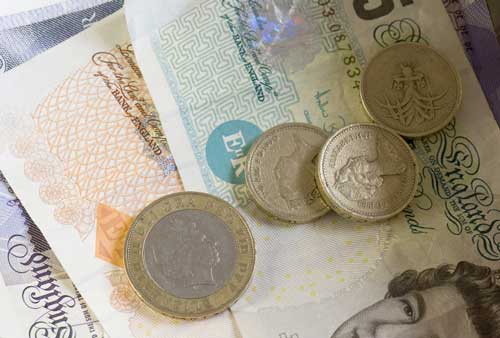Even though an general election could be as far away as 16 months - if PM Sunak is forced to call an early rush to the polls then 25 days later the UK population would have a chance to get fresh ideas into Parliament. But with current opinion polls showing Labour surging ahead of the the incumbents, what could Chancellor Jeremy Hunt do to gain voter's confidence.
Despite a sense of despair felt by certain members of the Conservative Party, whether in secret WhatsApp groups, social media or mainstream media - others have fervently embraced the idea of implementing tax reductions as a means of rejuvenating the party's chances come vote time.
The country is crying out for measures to ease the burden of the spiraling cost of living, fueled through rampant inflation and the subsequent sharp rises in interest rates.
The Treasury has thus far paid little heed to appeals for reduced taxes. There has been an olive branch handed out to homeowners struggling with mortgages but this stops at easing the aggressive nature of arrears collection. However, there is now a growing sense of momentum for tax cuts following the recent revelation that the government has not borrowed as much money as initially feared.
Though Chancellor Jeremy Hunt is a long way from achieving a balanced budget, the state of public finances has undeniably improved when compared to the pessimistic Budget forecasts made back in March - with over £11 billion less in borrowing than expected by the ONS, but, this is still £14 billion more than the same period last year.
The lower borrowing figures stem from the combination of fiscal drag and a decrease in the top-rate tax threshold from £150,000 to £125,140 is projected to generate over £29 billion in additional annual revenue for the Treasury. Fiscal drag is where pay rises push people into higher tax bands resulting in increasing numbers of higher rate taxpayers.
The extra income being delivered to the Treasury is equivalent to Jeremy Hunt having raised the basic rate of income tax from 20 percent to 24 percent back in March - a stark contrast to the rather short halcyon run of Hunt's predecessor, Kwarteng, where he promised a 19 percent basic rate.
Hunt now has to balance lowering taxes with controlling spiraling inflation and maintaining voters for the possibility of looming election. He can't lower taxes in the Budget without considering all outcomes and if he gets it wrong there can't be more u-turns like before. The government wants to get inflation below 5 percent by Christmas, which is a tough task with inflation more like 8 percent right now.
The quarterly borrowing report looks better than expected, but you cannot predict what the next report will look like, but all tax receipts are currently trending higher than forecasts and keeping the Treasury awash with surplus funds.
Industry commentators are pessimistic on the upcoming forecasts so it looks like more minor measures for people struggling with finances rather than any serious cuts or handouts.



